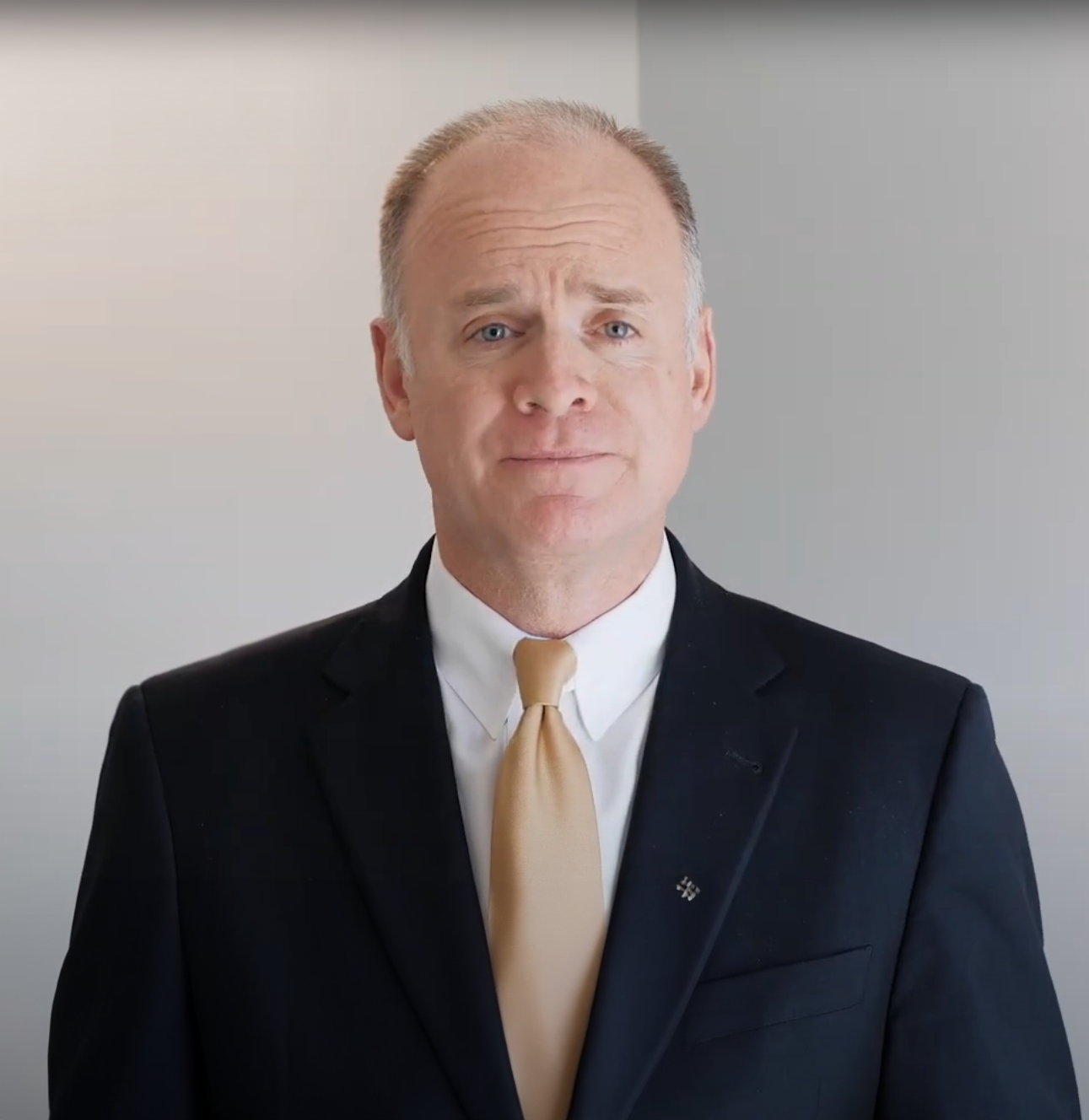Money management involves several things. It involves everything from the creation of a budget, to the maintenance of emergency cash reserves. Some of us live rigidly by our budget constraints, and others merely check the balance at the end of the month to see if there’s anything left. Most of us fall somewhere in the middle.
From a financial planning standpoint though, having a budget is critical. How can you know where you’re going if you don’t know where you are? Frankly, all plans that we make for retirement investments, to college investments, to risk management, must be accommodated within the budget. We can’t plan for these goals with any degree of certainty unless we not only have a budget, but also follow that budget.
Additionally, the provision for, and maintenance of, emergency cash reserves is no less important than contributing to your retirement plan. Unfortunately, many people couldn’t withstand a financial emergency that might disrupt income for any length of time because they haven’t prepared for such emergencies. Yes, there are “rules of thumb” numbers out there, such as three times your monthly income that should be held in reserve, but in reality, that number is going to be different for everyone.
As I’m working with clients in this regard, we look at the need for such reserves, and then we evaluate their level of comfort. Sometimes, clients would just feel that much more comfortable with having excess reserves. In such cases, we break down “cash” into two sleeves. One sleeve is readily accessible, principally guaranteed, and without regard for yield. I honestly don’t care what might be the yield or rate of interest on this sum of money. The only purpose for this sleeve of cash is to just exist – to be there, and in a place where you can lay hands on it within ten minutes.
The other sleeve of “cash” may be placed where its liquid, but somewhere other than a money market, or savings account, where yields might be a bit higher, but it’s still considered an emergency reserve. Such sources of income could be found with floating rate mutual funds, or exchange traded funds. Another often overlooked place for solid cash reserves might be the cash value of your life insurance policy. At a high level, there are many alternative places that we can seek safety, and maximize yield when it comes to this sleeve of cash.
Credit management is also critical. Leveraging strategies are a cornerstone of the holistic approach to money management. We work with clients to devise strategies for the elimination of what I call toxic debt, which would include credit cards with revolving interest. We seek to lean more heavily upon favorable forms of leverage until such time that it can all be eliminated from the money management part of the plan. As this is unfolding, cash flow is generally improving, and thus we can direct increasingly greater sums of cash to build or supplement emergency reserves.
Relativity is a fantastic tool for clarity regarding purchase decisions. For example, we’ll evaluate the purchase of a given thing in terms of its current impact upon cash flow, and alternatively, through the use of credit. When a client can see that a $1,000 purchase is really a $1,845 purchase over five years at 13 percent, then the relative utility of that thing becomes clear. Is it truly worth the total real cost, not only nominally, but also in terms of the lost opportunity cost in the form of interest that could have been had otherwise? This kind of “to buy or not to buy” analysis can help in making good money management decisions.







